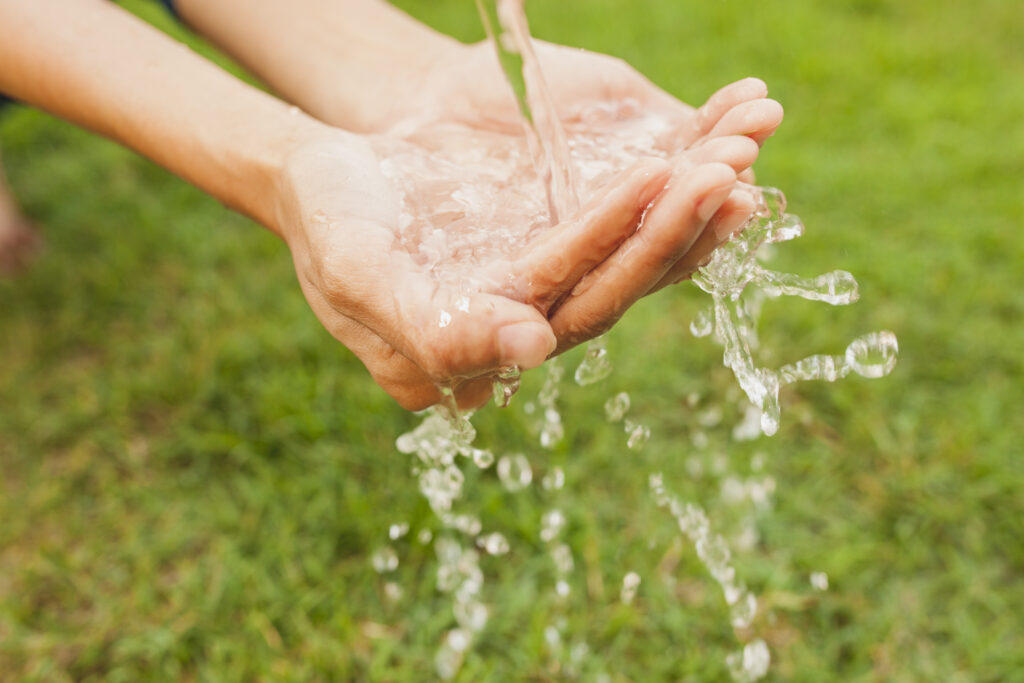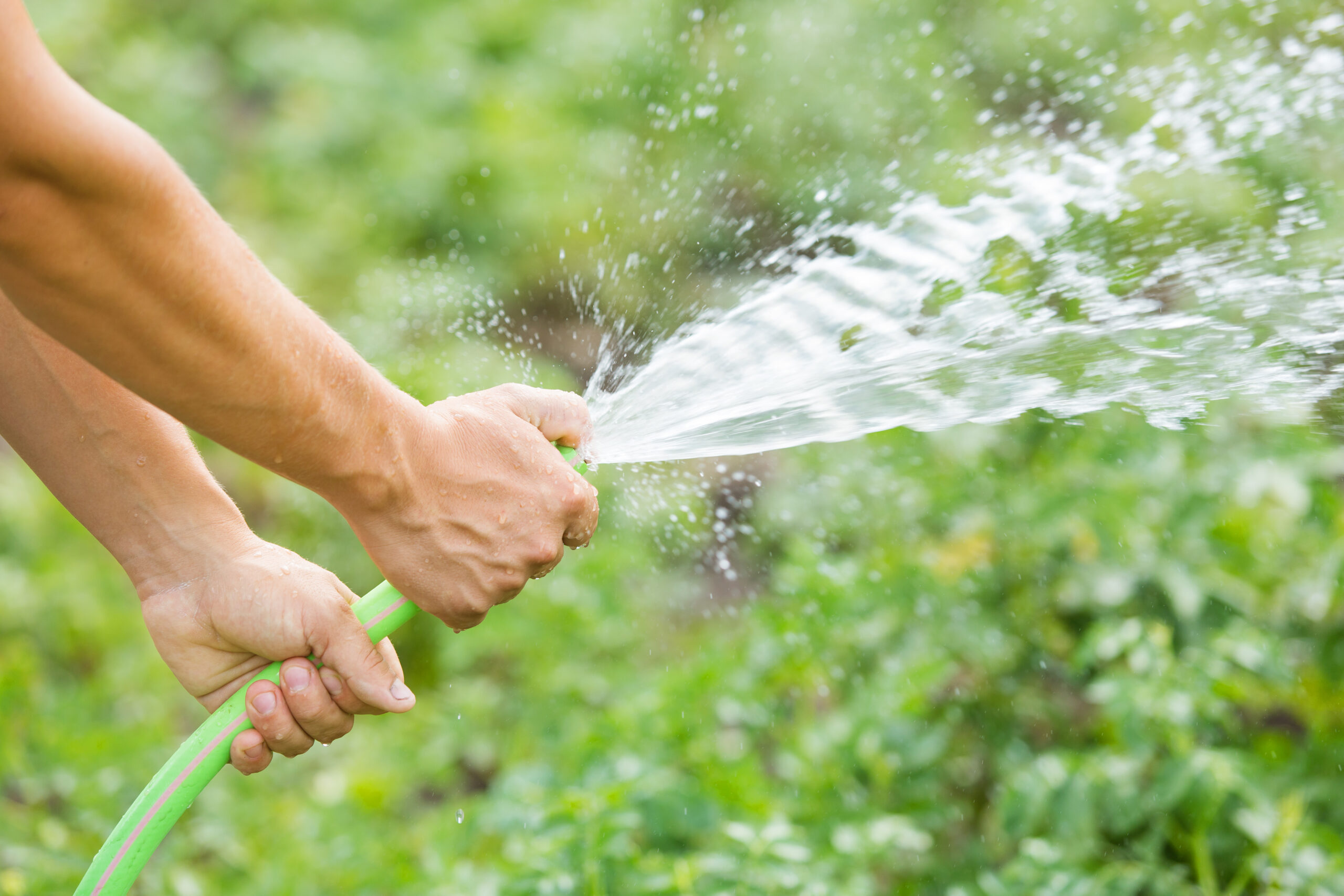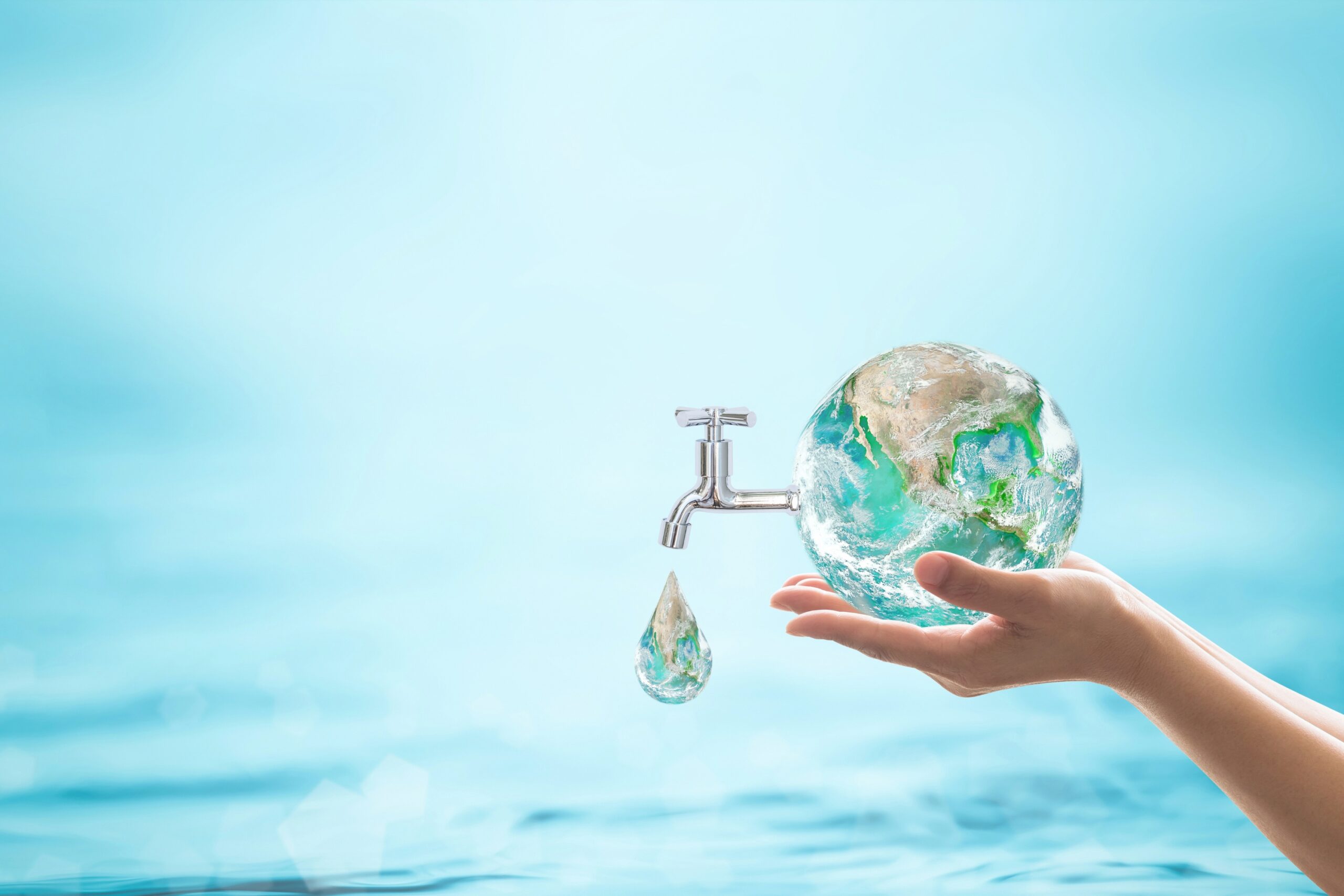Water is the basis of life on Earth. It is one of the chief constituents of many biological phenomena; hence, there is an absolute need for its existence in the body of every living being. This blog shall present the main role that water plays in sustaining life and further reiterate the fact that every drop is crucial and must be conserved.
Introduction
Water covers about 71% of the Earth’s surface, yet very little is available for human consumption. There is great importance in understanding why water is so essential and why every drop counts, as the world population keeps increasing and demand for freshwater increases.
Biological Importance Of Water
Hydration and Physiological Activities Water is required by each cell, tissue, and organ in our body to carry out its job satisfactorily. It participates in digestion, absorption, circulation, and controlling body temperature. Water transports nutrients and oxygen with dissolved nutrients to cells and breaks down waste products. If one does not drink enough water, then these actions become impaired, and a person will dehydrate. In time, severe health problems will be the result.
Chemical Reactions: Water is the medium in which most biochemical reactions, like photosynthesis and cellular respiration, take place. It dissolves nutrients and minerals required by organisms, breaking them down for easy absorption and utilization. For example, water assists in the dissolution and transport of substances in the human body, such as electrolytes and metabolic waste products.
Temperature Control: Water has the ability to absorb and release heat energy very slowly. This attribute is the reason behind the maintenance of constant temperatures not only in living organisms but also in the environment. A fine example of temperature regulation in organisms is that through sweating, the temperature conditions are brought under normalcy in order to carry out normal physiological activities by preventing overheating of the body.

Water In Ecosystems
Habitat for Aquatic Life Different aquatic ecosystems like oceans, rivers, lakes, and wetlands support a diverse range of species. Water serves as a habitat for the life processes of fish, amphibians, plants, and microorganisms. In addition to these vital roles, these systems also participate in climatic regulation and water cycling.
Supporting Terrestrial Life Terrestrial ecosystems depend upon water to support plant growth, that in turn supports herbivores, and predators that feed upon the herbivores. Soil health is dependent upon water for the reasons listed above: to help in decomposition of organic matter and for plants’ root systems to take up nutrients. This complexity illustrates the importance of water to the overall biodiversity and stability of ecosystems.
The Global Water Crisis
Abundance is the reason for freshwater being an endangered resource. Naturally, pollution, excess extraction, and changing climatic conditions have increased this shortage. As per the World Health Organization, more than 2 billion people lack access to safely managed drinking water services. This is a crisis situation that necessitates sustainable water management practices.
The Need To Conserve Water
Conserve Water Simple steps, such as repairing leaks, using water-efficient appliances, and being responsible in consumption rates, will greatly help in saving water resources from being wasted. Conserving water ensures that more is available for essential uses and future generations.
Protect Natural Resources Sustainable water management practices include rainwater harvesting and protection of watersheds and preservation of natural sources of water. Protecting these resources is very important to the balance of ecology and biodiversity.
Awareness Raising: Education can result in community action as well as political will for a change of policies. Public awareness campaigns and education programs can raise a culture of sustainability that encourages proactive measures to conserve water.

Conclusion
Water is life, just like health, both to man and ecosystems. With the rising challenges related to water scarcity, the value of every drop should be recognized. We should ensure that this precious resource is kept available to all living things by responsible conservation with sustainable practices. Remember, every drop counts.
Through water conservation, we can ensure a healthy planet and a green future too for the upcoming generations.

